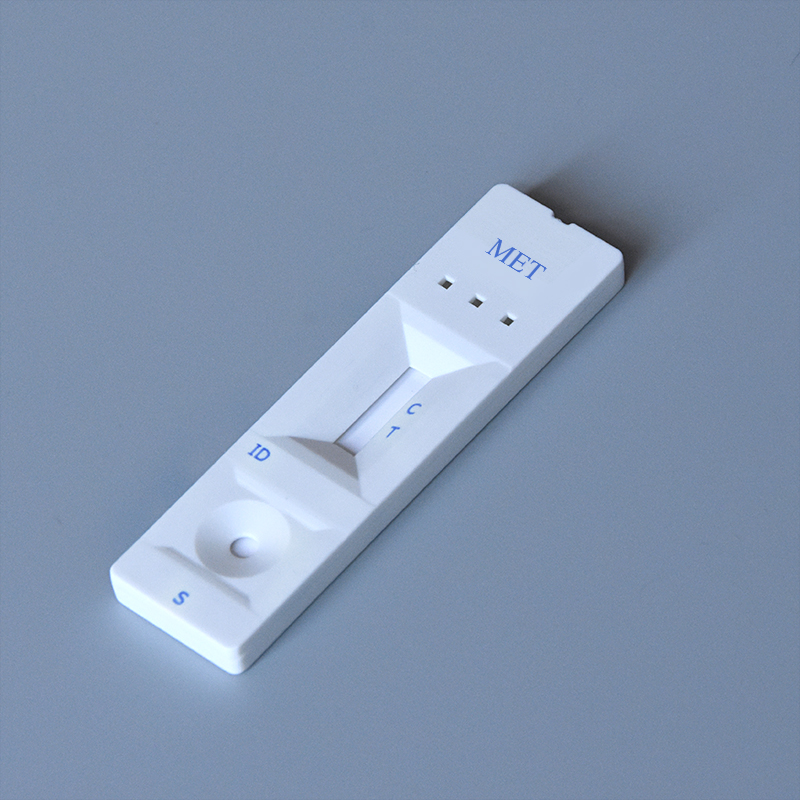Nov . 02, 2024 11:05 Back to list
wholesale hiv self test kit
The Rise of Wholesale HIV Self-Test Kits A Game Changer in Public Health
In recent years, the accessibility of healthcare has become a focal point in global health discussions, particularly regarding the HIV epidemic. One of the most innovative solutions to emerge is the wholesale distribution of HIV self-test kits. These kits have transformed the approach to HIV testing, empowering individuals with greater autonomy over their health.
The Rise of Wholesale HIV Self-Test Kits A Game Changer in Public Health
One of the key advantages of wholesale HIV self-test kits is their potential to significantly increase the rate of testing. Traditional testing methods often involve a visit to a healthcare facility, which can be a barrier for many individuals due to stigma, fear of disclosure, or lack of access to clinics. By making self-test kits available at wholesale prices, organizations can distribute them widely, ensuring that they reach underserved communities. This can ultimately lead to earlier detection of HIV, which is critical for effective treatment and reducing transmission rates.
wholesale hiv self test kit

Moreover, the availability of self-test kits aligns with global health initiatives aimed at eliminating HIV as a public health threat. The World Health Organization (WHO) recommends self-testing as a complementary strategy to traditional testing methods. With increased testing comes increased awareness and education about HIV, leading to better health outcomes. Individuals who test positive can be linked to care and treatment more swiftly, which is essential for managing the condition and preventing further spread.
The wholesale model also presents economic benefits. By reducing the price point of HIV self-test kits, more people can afford to test themselves, thus promoting a culture of proactive health management. Clinics and health organizations can stock up on these kits more affordably, passing on the savings to the communities they serve. This approach not only addresses individual health needs but also supports public health strategies.
In conclusion, the wholesale distribution of HIV self-test kits is a significant advancement in the fight against HIV. By enhancing accessibility, fostering autonomy, and facilitating early detection, these kits play a crucial role in public health efforts. As we move forward, it is essential to continue promoting awareness and availability of these testing options to break down barriers and empower individuals to take charge of their health. The journey toward eradicating HIV requires collective effort, and self-testing is a vital piece of that puzzle.
-
Highly Accurate hCG Pregnancy Test Strips - 5 Min Results
NewsAug.02,2025
-
Premium Empty ABS Plastic Cassettes: Durable & Lightweight Storage
NewsAug.01,2025
-
Accurate Cocaine (Coc) Rapid Test Kit | Fast & Reliable Detection
NewsJul.31,2025
-
Accurate HCG Pregnancy Test Strips | Fast Home Use Kit
NewsJul.31,2025
-
Reliable Early Pregnancy Test Kit Supplier - Multi Plastic Cassette Options
NewsJul.30,2025
-
Transferrin Rapid Test Cassette – Reliable Tumor Marker Detection
NewsJul.29,2025

